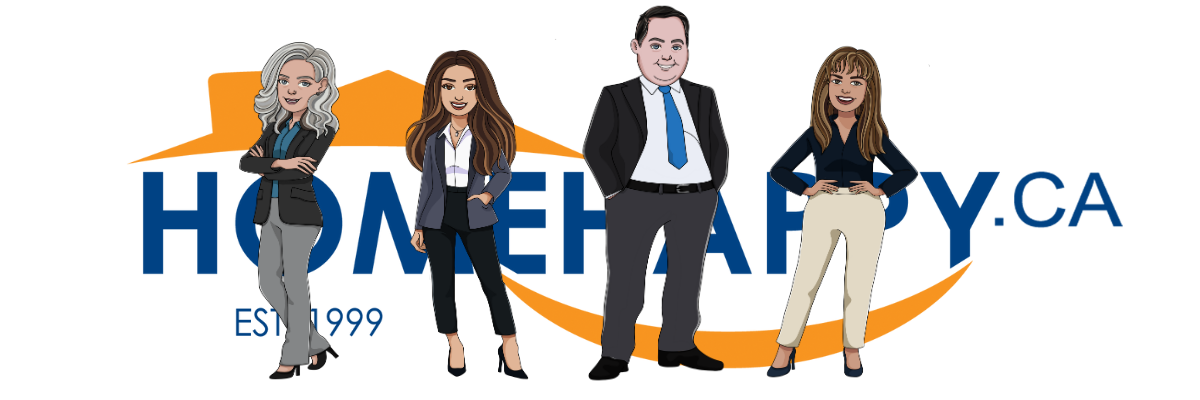Your Guide to Turning a Plot of Land Into Your Dream Home
All About Construction Mortgages

Have you found a great location, but it's missing the home of your dreams?
Well, fret not, because there’s a solution: a Construction Loan.
Typically a short-term loan (approximately a year), this loan option is designed to cover the cost of building that home you’ve pined for. You buy the land, build your home, and once the project is done, you refinance.
Refinancing gives you a brand new loan that covers your completed home.
What Makes This Loan Different?
A Construction Loan is a risky prospect for the lender. Which makes qualifying for one harder than going the traditional home buying route. For example, if the lender isn’t sure you can also pay for your current living situation while your house is being built, you won’t qualify.
The lender has to protect themselves because:
- There’s no collateral.
- Without a completed house, it’s easy for you to walk, and they have less leverage.
- Market fluctuations.
- If property values fall, the land could be worth less than the loan.
- There’s no quality guarantee.
- The builder could do a poor job, which can affect your refinancing terms. When a home is already built, everyone knows exactly what’s being bought. With a Construction Loan, there’s no way to know for sure until it’s done.
Usually, Construction Loans are established as interest-only variable rate loans. Which means, you pay interest on your borrowed amount instead of paying down the principal balance. This can make construction loan payments easier.
How Does a Construction Loan Work?
Once you’ve qualified, the lender begins the payout schedule for the agreed upon amount.
See, unlike a regular mortgage, the builder, the buyer, and the lender negotiate a schedule of draws. They determine the number of draws and how much is paid in each installment.
For example, a builder may receive a percent of the payment at each of these phases: when the loan closes, when the lot is cleared and foundation poured, after the house is framed, and when the roof is built and everything is sealed.
What to Consider…
Turning a chunk of land into a home that fits your unique brilliance is a dream come true. Who hasn’t day-dreamed of building their own home from scratch?
We want to help you realize your dreams, and find that perfect balance between practicality and dreaming big. We care that you’re a happy homebuyer, so we have to do our due diligence.
The lender isn’t the only one facing extra risks with a Construction Loan. You are too.
Here are some potential risk factors:
- Not completed within your budget or on schedule.
- This setback means you can’t move in on time. That can result in higher costs as you must continue to rent, or hold two mortgages for longer than planned. Also, you may have to pay a fee to extend your construction loan if the final payment is due before project completion.
- Your home is worth less than it cost to build.
- If the housing market drops, or the builder does a poor job, you have to pay the difference when you refinance the construction loan.
- When the time comes, you don’t qualify for refinancing.
- Construction loans are temporary. When the project’s done, the balance must be paid. If you no longer qualify for refinancing because your income or credit drastically changed during construction, the lender refuses to extend the construction loan, and you can’t make the payment yourself, you could lose your new home to foreclosure.
If these risks don’t seem like much of a concern, or you’re willing to gamble, then a Construction Loan may be the right choice for you.
Make a well-informed decision that ensures you make the right choice for your unique needs. Consult with an expert today. Our services are free.
So even if the best construction loan options may be found by checking with your local bank to see if you qualify, we’re always happy to consult.
Including us in your plans, means we are with you every step of the way. Cheering you on, and offering industry insight and advice.
An extra bonus?
We’ll be ready when it’s time to refinance, and help you qualify for competitive rates and terms.
Share:
Recent Posts








